Qi, also spelled chi, is a Chinese term that refers to the life energy that flows through all living things. According to Traditional Chinese Medicine, the smooth flow of chi throughout the body is essential for good health, while stagnation, blockages or imbalances in the flow of chi can lead to disease. Qigong practices are designed to improve the flow of chi throughout the body and as a result, some practitioners report experiencing a range of physical or emotional sensations.
One of the most commonly recognized sensations of chi while practicing qigong is a feeling of warmth, heat or tingling in the body, often accompanied by a sense of relaxation and well-being. Some practitioners report feeling a pulsing, vibrating, or magnetic sensation in specific parts of the body, or a sense of energy flowing through the body. With time and practice, many experience a heightened sense of awareness and a feeling of being "in the zone." This is an experience of feeling chi.
However, not all experiences of feeling chi are pleasant. For some practitioners with serious health conditions or old injuries, qigong practice or a qigong healing may also lead to powerful, and sometimes unexpected, experiences known as "chi reactions." (Sometimes, these reactions can be similar to the more well-known “Jarisch-Herxheimer” reactions in Western Medicine.) Some practitioners may experience discomfort or pain in certain areas of the body (especially in a location of a current or old injury), a sense of fatigue, nausea, diarrhea or vomiting. In rare cases, some may experience emotional reactions, such as feeling anxious or overwhelmed.
These experiences can be disconcerting especially for those who are new to qigong. However, it is important to remember that most chi reactions are often a good sign that the qigong practice or the qigong healing is working and that you are in a healing process. These symptoms are often simply a sign that the body is responding to qigong and that the flow of chi is being affected. It is helpful to have an experienced Qigong teacher to check in with about your symptoms, and guide you through the chi reaction process.
How do I know if it’s a chi reaction or if my condition is getting worse?
Most chi reactions last 24 hours or less. The key to knowing if it is a chi reaction is that your baseline health is better after going through the chi reaction, than before the chi reaction.
Chi Reaction Recommendations:
Lemon water
· Rest.
· Drink warm water. Add lemon or alka seltzer
gold to the water if your body is overly acidic.
· Gently practice kidney sounds, especially if anxious or stressed.
· Check in with your teacher.
· Remember that “this too shall pass.”
When practitioners are in the midst of a chi reaction, Zhineng Qigong teachers usually say, “Good!” This is often a sign that healthy energy is bumping up against stagnant, sick or old energy. Eventually, you want to bring in so much good energy that it overrides or breaks down the old, stagnant or sick energy which enhances the flow of your life force. In this situation, a chi reaction is the body reacting to this processs - and getting rid of the stagnant or sick energy.
Kayaker navigating the rapids and rocks
I like to explain the healing process as sometimes being similar to navigating down a river filled with giant boulders (physical or energetic blockages due to illness or injury) while in a kayak. Adding chi through qigong practice enhances the flow of the water – which can lead to rapids. The rapid water (fresh new energy/chi) and the kayak may bounce against the rocks (blockages) leading to some uncomfortable sensations.
At first, the pressure of the water (fresh new energy) hitting the rocks (blockages) may be jarring, but then when the water builds and builds – ultimately raising the height of the water so that your kayak simply floats over the rocks; there are no longer any obstacles in the flow of your life force energy. The fresh new chi wears down the blockages over time, meanwhile you’re able to have a better experience of life. Note, that at other times, it is appropriate for the fresh new chi to break up the blockages quickly with force - relieving you of the physical or energetic blockages in your body that is inhibiting the flow of your life force.
Kayaker enjoying smooth water
Eventually, the water (fresh new chi) is either above the height of the former boulders (stagnant energy) or the former boulders have been dissolved so your kayak can either flow with ease right over the top of the rocks or flow with ease due to lack of any blockages/obstacles.
That is the goal. Getting there is not always easy or comfortable, but as one of my teachers liked to say, “If you just want to be as comfortable as possible, then stay at home and watch tv on the couch. If you want to heal, then know that the process is not always comfortable or pretty.”
It is important to remember that the practice of qigong is not a one-size-fits-all solution and that each individual's experience will be unique. Some practitioners may experience chi reactions, while others may never experience them at all. It is also important to remember that qigong practice should not be used as a substitute for medical treatment and it is always best to consult with a healthcare professional before starting any new exercise or qigong program.
In conclusion, the practice of qigong can lead to powerful and sometimes unexpected experiences known as "chi reactions." It’s helpful to have an experienced Qigong teacher on board to help you navigate your healing process.




